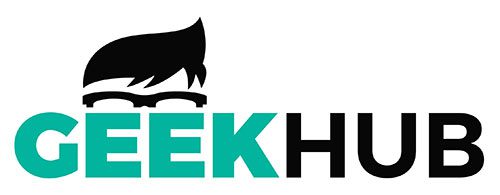Intel, is facing a leadership shakeup as reported by various Reuters on Monday. CEO Pat Gelsinger has stepped down after a tumultuous tenure marked by fierce competition, missed opportunities, and a struggle to adapt to the rapidly evolving tech landscape.
Gelsinger, who took the helm in February 2021, had a mission: to revitalize a company that had lost its edge. Intel was facing challenges on multiple fronts, from rising competitors like AMD and Nvidia to production delays and an exodus of talent.
Despite his deep roots at Intel (he previously served as CTO), Gelsinger’s efforts to turn the tide weren’t enough. During his reign, Intel’s stock plummeted by a staggering 61%, reflecting the company’s struggles to regain its footing.
Missing the AI Wave
One of the biggest challenges during Gelsinger’s tenure was Intel’s failure to capitalize on the AI boom. While Nvidia was busy developing AI-friendly GPUs and raking in the profits (their market cap skyrocketed to an astounding $3.4 trillion!), Intel seemed to be stuck in the past.
This misstep highlighted Intel’s growing irrelevance in the modern chip industry, as it struggled to adapt to the demands of AI, cloud computing, and mobile processors.
Layoffs and Restructuring
Gelsinger attempted to steer Intel in a new direction with major restructuring efforts, including significant layoffs. But despite these efforts, the company continued to lag behind its competitors.
A New Leadership Duo & The road ahead
With Gelsinger’s departure, Intel has appointed two interim co-CEOs: David Zinsner, the CFO, and Michelle Johnston Holthaus, head of the Client Computing Group. Holthaus will also lead the newly created Intel Products division, focusing on AI and data center technologies.
Intel is at a crossroads. Its transition to becoming a major manufacturer for external clients, like Apple, puts it in direct competition with giants like TSMC (Taiwan Semiconductor Manufacturing Company). While the U.S. government has shown support for Intel’s efforts through the CHIPS Act, the company has faced delays and setbacks in its ambitious plans.
The search for a permanent CEO is underway, and the stakes are high. Intel’s ability to reclaim its position as a tech leader will depend on its ability to adapt to the demands of AI, cloud computing, and advanced semiconductor manufacturing.
